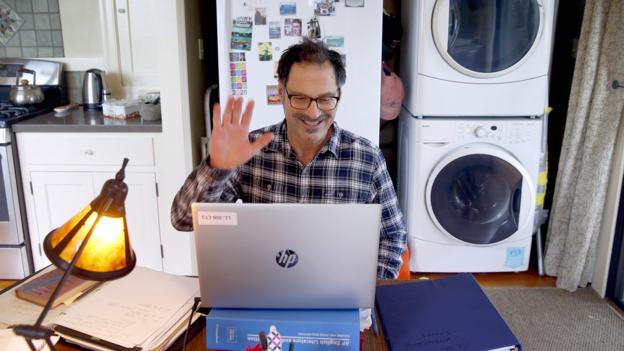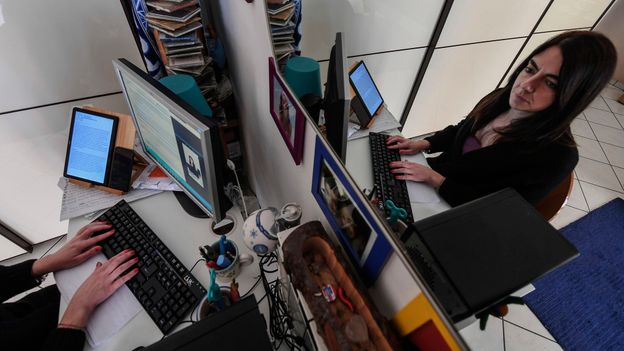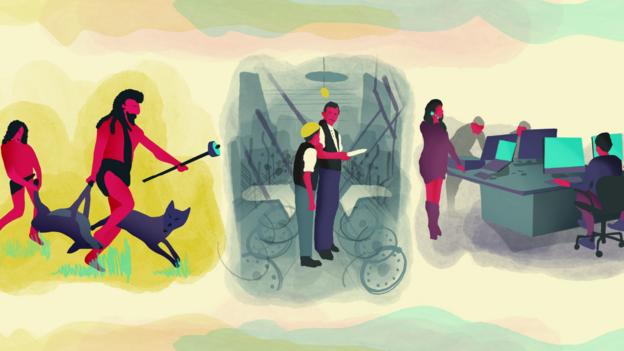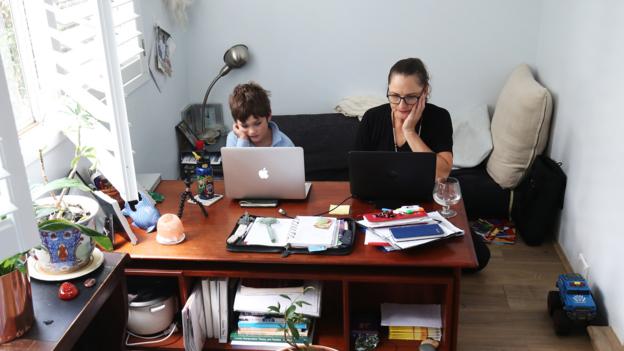For some, working from home is a gift – a remarkable opportunity to focus and be hyper-productive, all the while finding time to walk the dog and even exercise in pyjamas. For others – well, the transition isn’t quite as seamless. Some find all they’ve done with their eight hours is answer two emails, dream about a massage or discover their ‘cheese hour’.
It’s true: some people simply have dispositions and personality traits that enable them to better adjust to the new world of remote work than others. However, it’s not so black and white. You’re not necessarily destined to be good or bad at working remotely – some may just have to put in more effort than others.
The pull of procrastination
Procrastination is never easier than when your superior isn’t looking over your shoulder. As long as the status light on your communication app is green, it’s easy to pop into the kitchen and try a new recipe, or get into a YouTube hole, with no one any the wiser.
If it feels easier to procrastinate at home than in the office, it is for most: telework is a “weak situation” with murkier expectations about behaviour, says Timothy Pychyl, associate psychology professor at Carleton University in Ontario. In contrast, he points to a common situation: “In an elevator, we all typically ‘act elevator’, for example avoid eye contact with others, and keep our distance as [much as] possible …. The office is more of a strong situation with expectations for many things such as dress codes, arrival and departure times [and] time spent on or off task.” Weaker cues and lower accountability may make procrastination more likely at home.
And without the strong situation of an office, it’s quite a bit easier to dismiss unpleasant tasks. When there’s a task on your plate you don’t want to dive into, or you’re banging your head against a wall with a tech problem, you’re testing your ‘frustration tolerance’, says Pychyl. Those who have a lower frustration tolerance are much more likely to procrastinate – they’re the people who get up from their desk and find a distraction.













